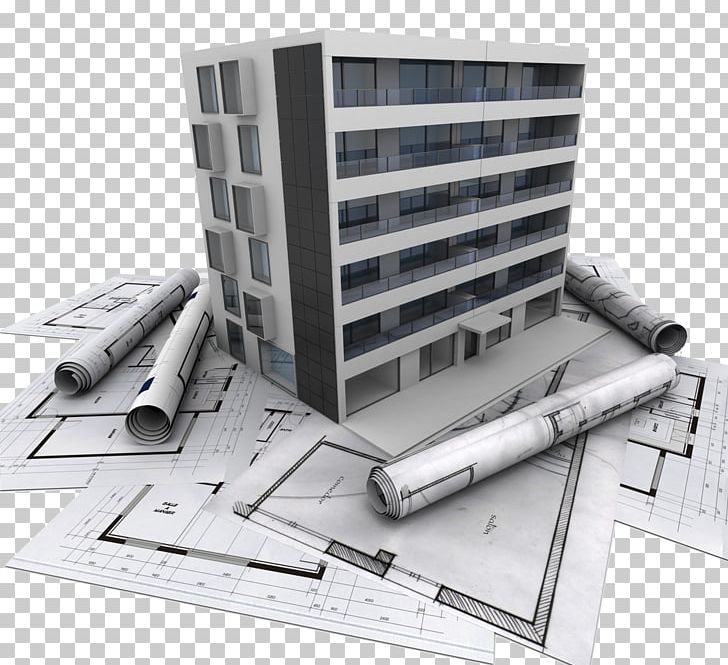Mastering the Art of Real Estate Development: Strategies for Success
Real estate development is a dynamic field that offers promising opportunities for those with a keen eye for potential and a strategic mindset. As a real estate developer, individuals navigate a complex landscape of property markets, financial considerations, and community dynamics to bring their vision to life. Success in this arena is not just about buying and selling properties; it's about understanding broader trends, forging key partnerships, and making well-informed decisions that resonate with both the market and the community. Mastering the art of real estate development requires a blend of creativity, business acumen, and the ability to adapt to ever-evolving market conditions.
Market Research
Market research is a critical component in the real estate development process. It involves gathering and analyzing data to understand current market trends, demand, and supply in the real estate sector. By conducting thorough market research, developers can make informed decisions about where and what type of properties to invest in.
One important aspect of market research is identifying target demographics and understanding their preferences and needs. This helps developers tailor their projects to suit the specific requirements of the target market, thereby increasing the chances of success. Additionally, analyzing economic indicators and local market conditions can provide valuable insights into the viability of a potential real estate development project.
Moreover, staying updated on the latest industry news and developments is essential in conducting effective market research. Keeping abreast of changes in regulations, emerging technologies, and other external factors can help developers anticipate potential challenges and opportunities in the real estate market. By staying informed and proactive, developers can navigate market fluctuations and make strategic decisions to achieve success in their projects.
Financial Planning

Real estate development requires meticulous financial planning to ensure the success of a project. It is crucial for developers to conduct thorough market research and analysis to determine the feasibility of their plans. By assessing factors such as current property values, market trends, and potential risks, developers can make informed decisions on how to allocate resources effectively.
Developers also need to create detailed budgets that outline all costs associated with the project, including land acquisition, construction expenses, permits, and marketing. Establishing a clear financial plan helps developers stay on track and avoid going over budget. Additionally, having a contingency fund is essential to handle unexpected expenses that may arise during the development process.
Successful real estate developers understand the importance of securing financing from various sources, such as banks, investors, or partnerships. By exploring different funding options and negotiating favorable terms, developers can access the capital needed to bring their projects to fruition. Creating a solid financial strategy and maintaining financial discipline are key components in mastering the art of real estate development.
Risk Management
Real estate development involves various risks that can impact the success of a project. One key strategy for effective risk management is thorough due diligence. Conducting aspen colorado real estate developer on the property, market trends, and potential challenges can help developers anticipate and mitigate risks before they escalate.
Another important aspect of risk management in real estate development is financial planning. Developers must carefully analyze their budget, cash flow projections, and financing options to ensure they have the resources needed to navigate unexpected obstacles. Establishing contingency plans and buffer funds can provide a safety net in case of cost overruns or market downturns.
Furthermore, maintaining open communication with stakeholders and professionals involved in the project is essential for successful risk management. Collaboration with architects, contractors, government agencies, and investors can help developers address potential risks proactively and make informed decisions throughout the development process. Effective communication fosters transparency, trust, and alignment of goals among all parties involved.